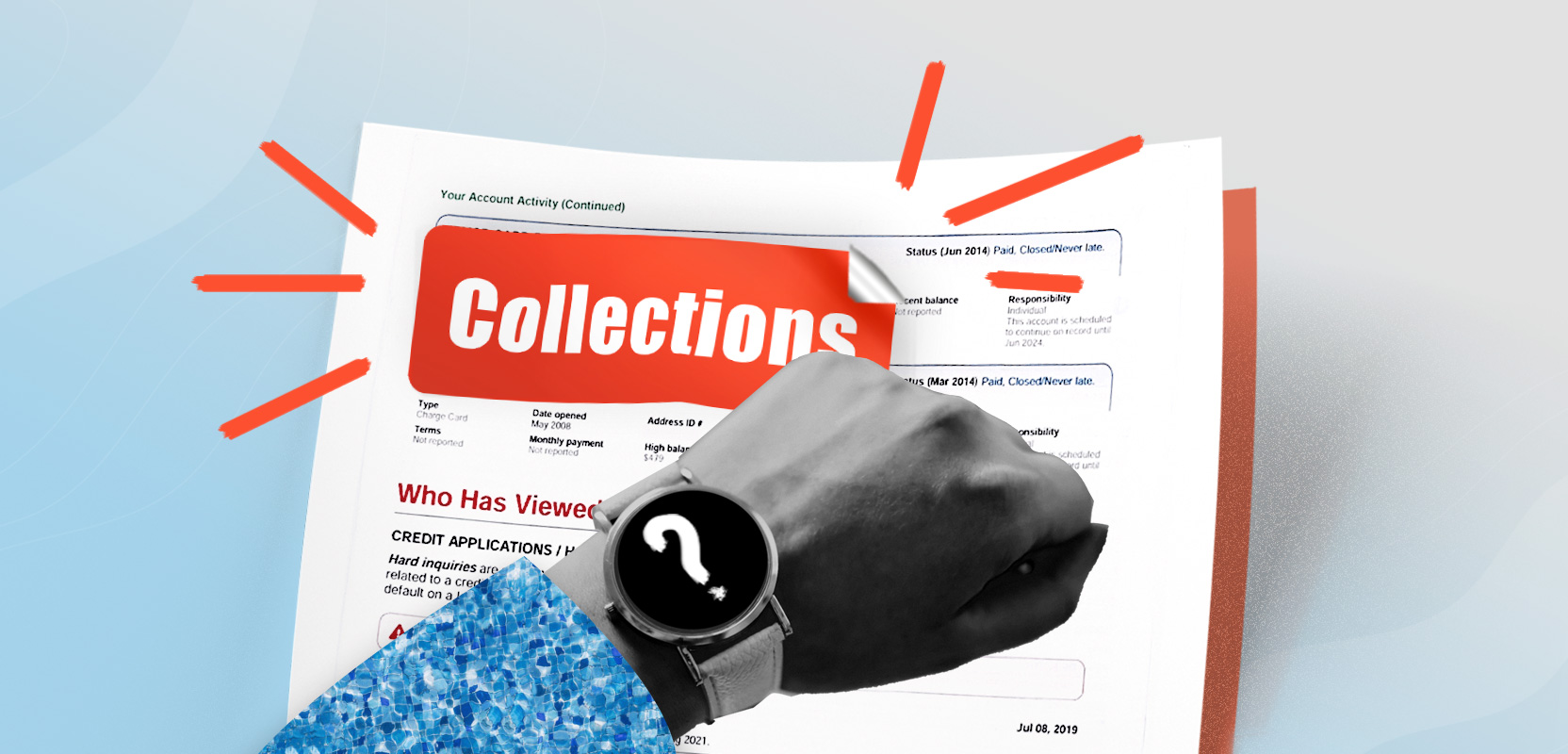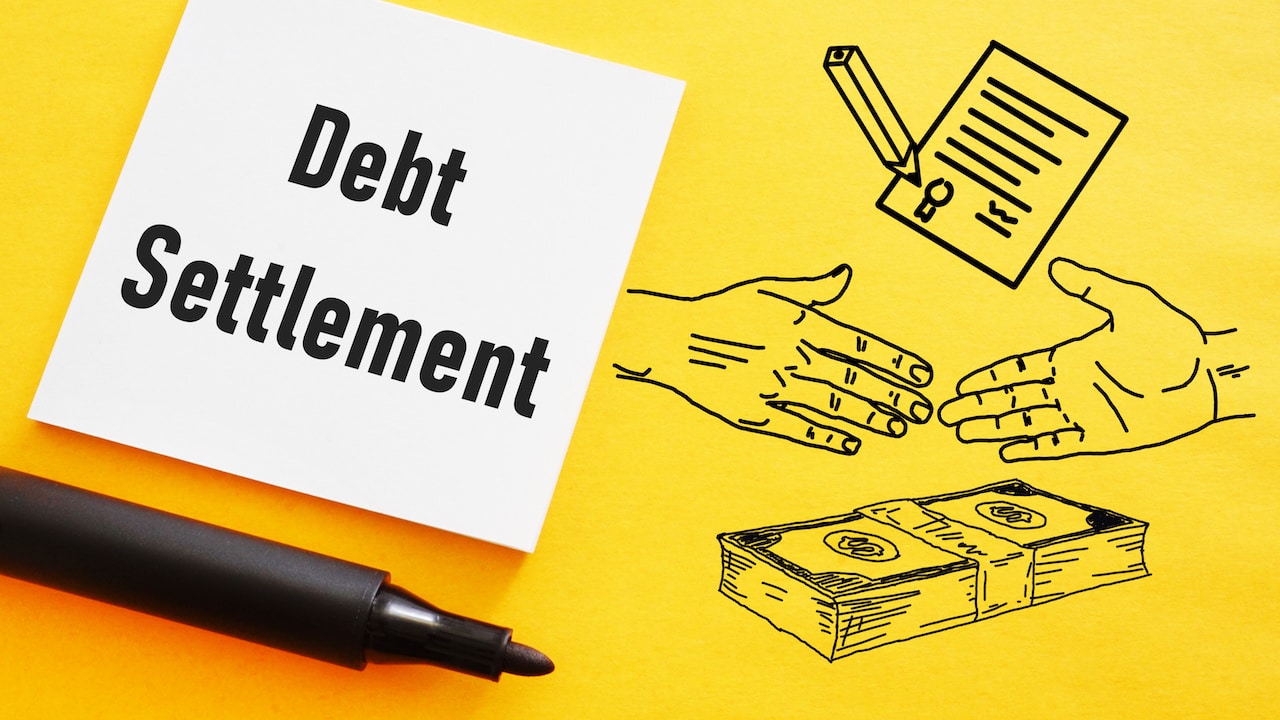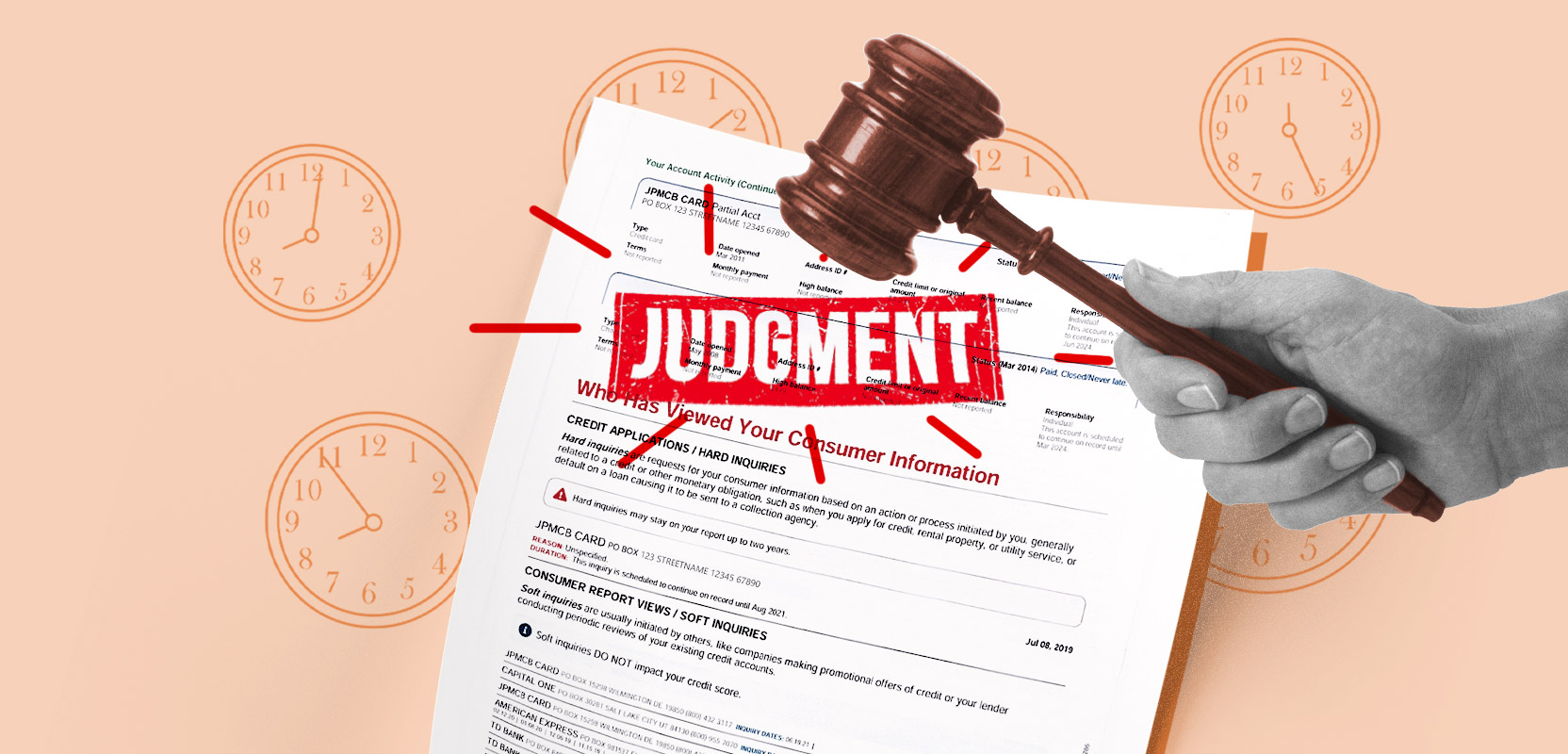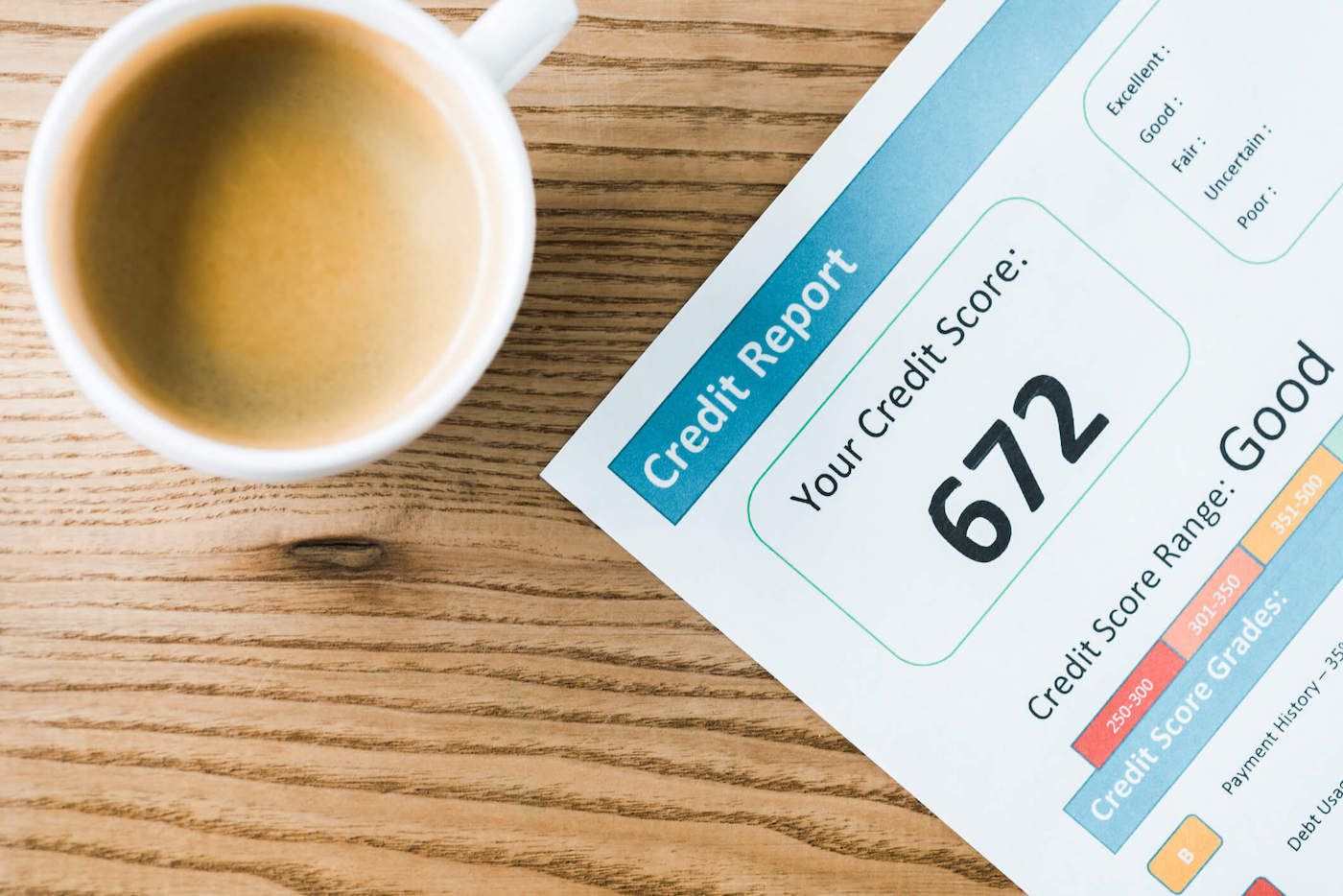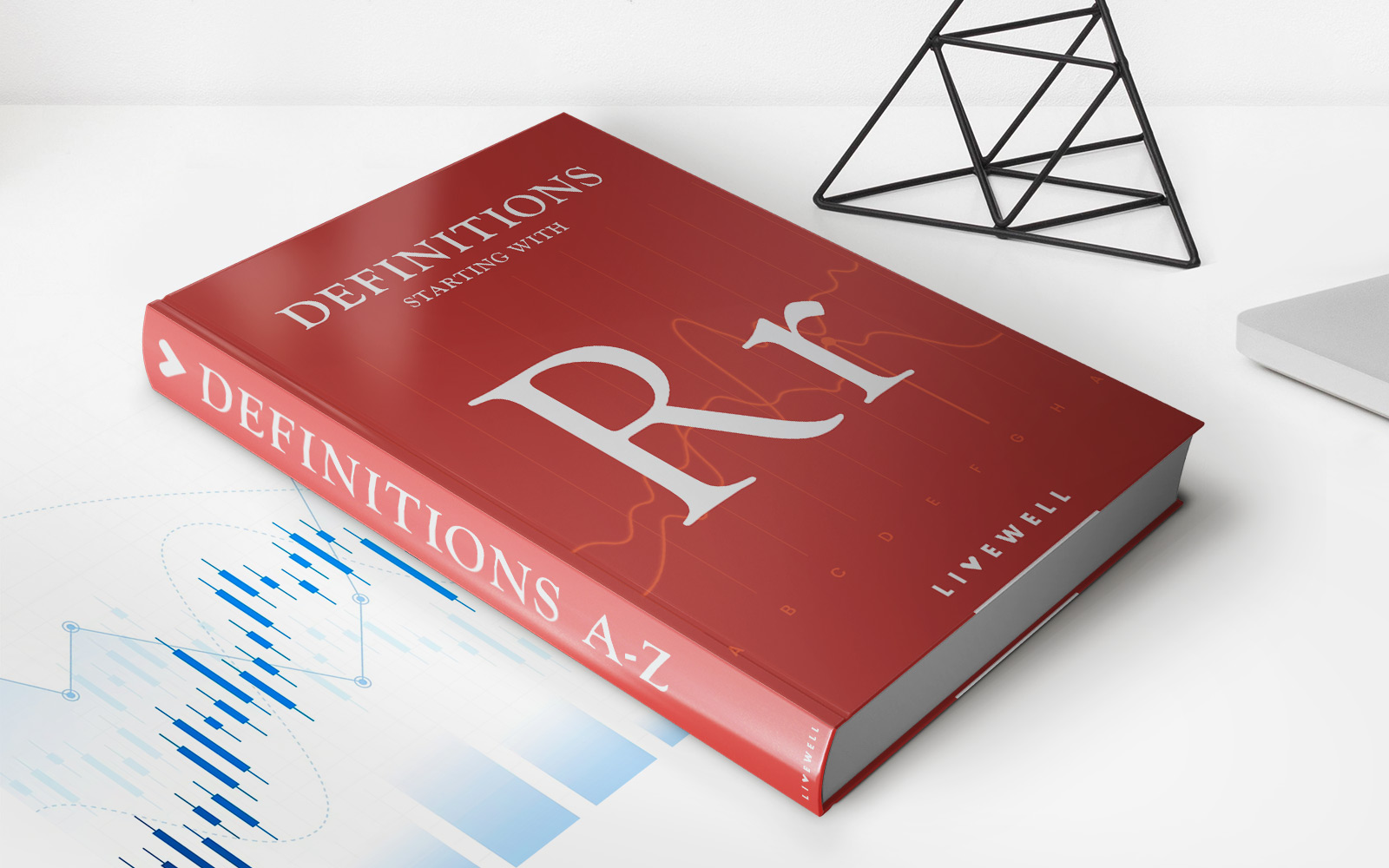Home>Finance>How Long Does Student Loans Stay On Credit Report


Finance
How Long Does Student Loans Stay On Credit Report
Published: January 19, 2024
Discover how long student loans can stay on your credit report and the impact they have on your finances. Gain insights on managing and resolving student loan debt.
(Many of the links in this article redirect to a specific reviewed product. Your purchase of these products through affiliate links helps to generate commission for LiveWell, at no extra cost. Learn more)
Table of Contents
- Introduction
- Understanding Student Loans and Credit Reports
- How Long Does Student Loan Information Stay on Your Credit Report?
- The Impact of Student Loans on Credit Scores
- Strategies for Managing Student Loan Debt on Your Credit Report
- How to Remove Student Loan Information from Your Credit Report
- Conclusion
Introduction
Student loans have become an essential part of higher education financing for many aspiring students. These loans provide necessary funds to cover tuition fees, books, and living expenses. However, it’s important to understand the impact that student loans can have on your credit report, and ultimately, your financial future.
When you take out a student loan, the information regarding this debt becomes part of your credit history. This includes details such as the loan amount, repayment terms, and your payment history. It’s crucial to manage your student loan debt responsibly to maintain a positive credit score and financial standing.
In this article, we will delve into the intricacies of student loans and credit reports. We will explore how long student loan information stays on your credit report, the impact it can have on your credit score, and strategies for effectively managing student loan debt.
Understanding how student loans are recorded on your credit report is essential. This knowledge empowers you to make informed decisions and take proactive steps to safeguard your financial well-being.
So, let’s dive into the nuances of student loans and their relationship with credit reports, ensuring that you have the tools to navigate this aspect of your financial journey with confidence.
Understanding Student Loans and Credit Reports
Student loans are financial obligations that students take on to fund their education. These loans can come from government programs or private lenders and are used to cover tuition fees, books, and other education-related expenses.
When it comes to credit reports, they are comprehensive records of an individual’s borrowing and repayment history. Credit reports include information such as credit card usage, loan payments, and any outstanding debts. Lenders use this information to assess an individual’s creditworthiness and determine the likelihood of repayment.
Student loans are no exception when it comes to credit reports. Once you take out a student loan, lenders report this information to credit reporting agencies. This means that details about your loan, including the loan amount, repayment status, and payment history, are documented in your credit report.
It’s vital to understand the significance of student loans appearing on your credit report. This information provides lenders with insights into your borrowing and repayment behaviors. If you consistently make your student loan payments on time, it demonstrates financial responsibility, which can positively impact your credit score. However, if you miss payments or default on your loan, it can have negative consequences on your credit standing.
It’s worth noting that student loans can have a more extended impact on your credit history compared to other types of loans. This is because student loans often have longer repayment terms, extending their presence on your credit report.
Now that we have a basic understanding of student loans and credit reports, let’s explore how long student loan information typically stays on your credit report and the implications it can have on your credit score.
How Long Does Student Loan Information Stay on Your Credit Report?
When it comes to student loan information on your credit report, the duration for which it stays can vary depending on the type of loan you have. Generally, student loan information remains on your credit report for seven to ten years.
For federal student loans, the information typically stays on your credit report for seven years from the date of the last payment or the date of default. This means that if you make consistent payments and fully repay the loan, the positive record can benefit your credit history. On the flip side, if you default on the loan, your credit report will reflect this negative mark for seven years.
Private student loans, on the other hand, may remain on your credit report for up to ten years. This longer duration is due to the fact that private lenders have different reporting practices and may report the loan information for a more extended period. As with federal loans, your payment behavior and overall loan management will affect your credit score.
It’s important to note that even after the student loan information is removed from your credit report, the debt itself may still be outstanding and is legally enforceable. This means that even if the loan no longer appears on your credit report, the lender can still pursue repayment through other means.
Additionally, if you consolidate or refinance your student loans, you may see a new entry for the consolidated or refinanced loan on your credit report. This new loan record will have its own reporting period, depending on the terms and conditions of the new loan.
Understanding the duration for which student loan information remains on your credit report is important for managing your credit responsibly. Even if negative information appears on your report, such as missed payments or defaults, remember that these marks are not permanent and can be rectified over time with good financial practices.
Next, we’ll explore how student loans can impact your credit score and what you can do to mitigate any potential negative consequences.
The Impact of Student Loans on Credit Scores
Student loans can have a significant impact on your credit score. The way you manage your student loan debt can either positively or negatively affect your creditworthiness.
One of the most crucial factors that influence your credit score is your payment history. Making your student loan payments on time demonstrates financial responsibility and can boost your credit score. On the other hand, missing payments or defaulting on your loans can have a detrimental effect on your credit score.
Aside from payment history, the amount of student loan debt you have also plays a role in determining your credit score. Having a high amount of student loan debt compared to your income can indicate a higher credit risk. Lenders may view excessive student loan debt as a potential hindrance to your ability to manage additional financial obligations, leading to a lower credit score.
In addition to payment history and debt amount, the length of your credit history is another factor that can be impacted by student loans. Student loans often have longer repayment terms, which means they can contribute to the age of your credit accounts. A longer credit history can positively affect your credit score, as it shows a track record of responsible borrowing and repayment.
It’s important to note that while student loans can have a significant impact on your credit score, they are not the only factor that influences it. Other factors, such as credit card utilization, the diversity of your credit accounts, and the presence of any negative marks (like collections or bankruptcies), also contribute to the overall calculation of your credit score.
To ensure that your student loans have a positive impact on your credit score, it’s crucial to make your payments on time every month. If you’re facing financial difficulties, consider exploring options such as income-driven repayment plans or loan deferment or forbearance. These options can help you avoid negative marks on your credit report and maintain a more favorable credit score.
In the next section, we will discuss strategies for effectively managing student loan debt on your credit report.
Strategies for Managing Student Loan Debt on Your Credit Report
Effectively managing your student loan debt is essential for maintaining a positive credit report and credit score. Here are some strategies to help you navigate this process:
- Create a Repayment Plan: Before starting your repayment journey, take the time to understand your loan terms and develop a budget. Consider different repayment options, such as standard, graduated, or income-driven plans, and choose the one that best aligns with your financial situation.
- Make Timely Payments: Paying your student loans on time is crucial for maintaining a positive credit report. Set up automatic payments or reminders to ensure you never miss a payment. Late or missed payments can have a negative impact on your credit score.
- Pay More Than the Minimum: If possible, make extra payments towards your student loans. By paying more than the minimum requirement, you can reduce the overall interest accrued and pay off the debt faster.
- Consider Loan Consolidation or Refinancing: If you have multiple student loans, consolidating them into one loan can simplify your repayment process. It can also potentially lower your interest rate and monthly payment. Refinancing your student loans with a private lender can also provide similar benefits, but keep in mind that you may lose certain federal loan protections.
- Explore Loan Forgiveness Programs: Depending on your career choice, you may be eligible for loan forgiveness programs, such as Public Service Loan Forgiveness or Teacher Loan Forgiveness. These programs can help you eliminate a portion or all of your student loan debt, which can positively impact your credit report.
- Monitor Your Credit Report: Regularly review your credit report to ensure that all student loan information is accurate and up-to-date. If you notice any errors or discrepancies, dispute them with the credit reporting agencies to have them corrected.
- Seek Professional Guidance: If you’re struggling with your student loan debt or need assistance managing your credit report, consider seeking the help of a financial advisor or credit counseling agency. They can provide guidance tailored to your situation and help you navigate the complexities of managing your student loans.
By following these strategies, you can take proactive steps to effectively manage your student loan debt on your credit report. This will not only improve your credit score but also pave the way for a healthier financial future.
Next, we will explore how to remove student loan information from your credit report, if necessary.
How to Remove Student Loan Information from Your Credit Report
If you’re wondering how to remove student loan information from your credit report, it’s important to understand that accurate and timely payment history will generally remain on your credit report for the designated timeframe. However, there are a few instances where you can take action to have negative information removed or rectified:
- Dispute Errors: Regularly review your credit report to check for any inaccuracies or errors related to your student loan information. If you find any discrepancies, such as incorrect payment status or account details, you have the right to dispute those errors. Contact the credit reporting agencies, provide supporting documentation, and request that the incorrect information be updated or removed from your credit report.
- Pay for Delete Agreement: In some cases, if you have a collection account related to your student loan debt, you may be able to negotiate a “pay for delete” agreement with the collection agency. This means that you agree to pay the outstanding debt in exchange for the collection agency removing the negative information from your credit report. It’s important to get this agreement in writing before making any payments.
- Rehabilitation Program: If you defaulted on your federal student loans, you may have the option to participate in a rehabilitation program. Through rehabilitation, you can make a series of on-time monthly payments, which can ultimately remove the default status from your credit report. Once successfully rehabilitating your loans, the negative information regarding the default will be removed from your credit report.
- Keep Good Payment History: While you can’t request to have positive payment history removed from your credit report, you can continue to build a strong payment history by consistently making on-time payments. Over time, positive payment behavior will overshadow any previous negative marks on your credit report.
Remember, credit reporting agencies are obligated to provide accurate and up-to-date information on your credit report. If you encounter any challenges or need assistance with removing student loan information, consider seeking guidance from a credit professional or financial advisor.
It’s important to note that attempting to remove accurate and legitimate information from your credit report is unethical and could have legal implications. It’s always best to focus on responsible financial management and proactive solutions rather than trying to manipulate your credit report.
In the next section, we will conclude our exploration of student loans and credit reports.
Conclusion
Managing student loan debt and understanding its impact on your credit report is essential for maintaining a healthy financial future. By comprehending how long student loan information stays on your credit report and the factors that influence your credit score, you can take proactive steps to improve your financial standing.
We explored the duration for which student loan information typically remains on your credit report, ranging from seven to ten years depending on the type of loan. We discussed how student loans can affect your credit score, emphasizing the importance of timely payments and responsible debt management.
To effectively manage student loan debt on your credit report, we provided strategies such as creating a repayment plan, making timely payments, considering loan consolidation or refinancing, and exploring loan forgiveness programs. Monitoring your credit report regularly and seeking professional guidance when needed are also crucial steps in managing your student loans effectively.
In instances where you encounter errors or discrepancies on your credit report, we outlined options to dispute inaccuracies and negotiate pay for delete agreements with collection agencies if applicable.
Lastly, it is important to approach credit management ethically and responsibly. Attempting to remove accurate information from your credit report can have severe consequences and potential legal implications. Focus on building a positive payment history and practicing good financial habits to improve your credit score over time.
Remember, the journey to financial success involves diligence and patience. By understanding the intricacies of student loans and credit reports, you can navigate this aspect of your financial life with confidence and make informed decisions to secure a brighter financial future.
